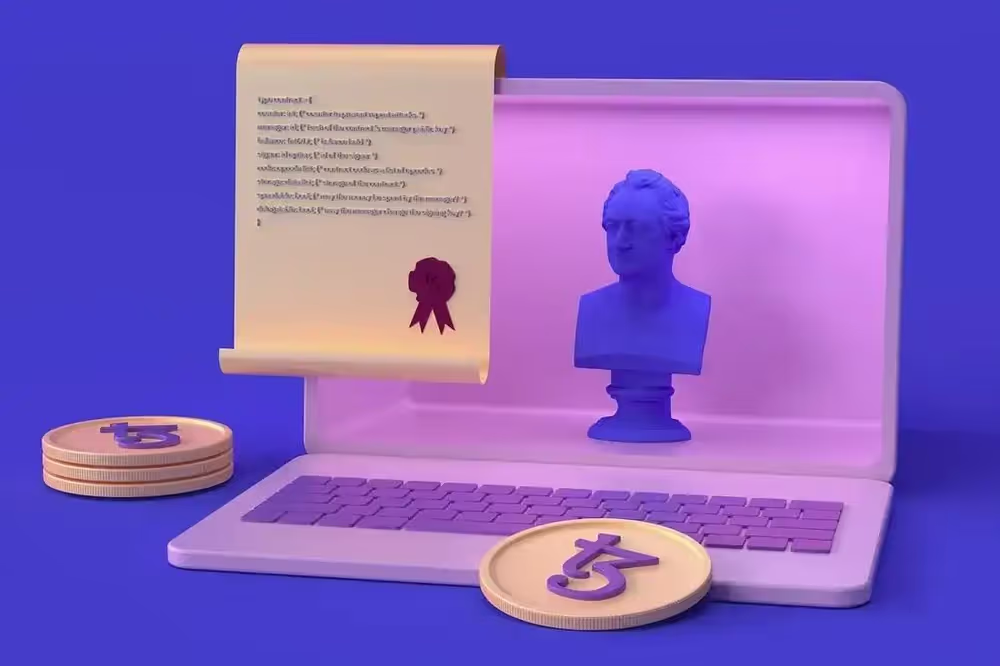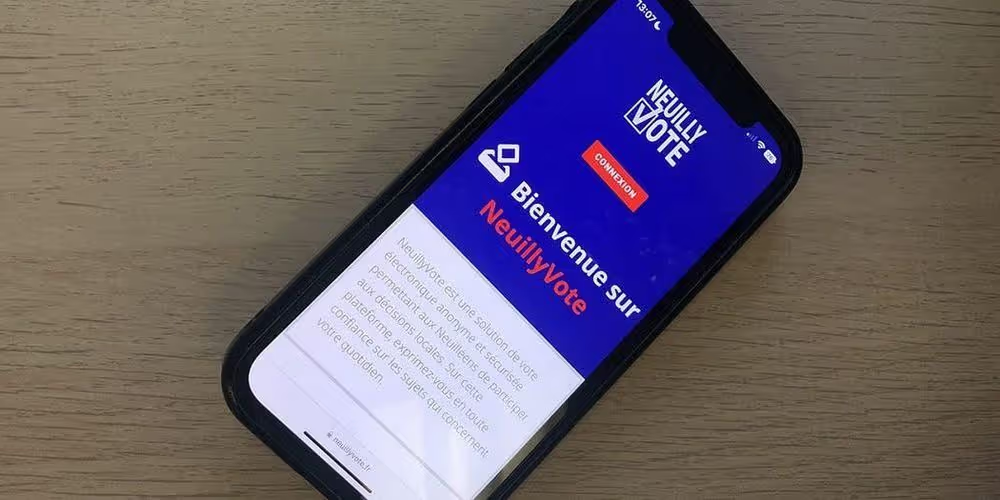Tezos-based voting in action: "NeuillyVote", and why it matters
Developed by Web 3.0 E-voting SAAS platform Electis, NeuillyVotes represents a very intriguing example of a blockchain-powered application with the potential to solve a very urgent real-world problem.
3 minute read

There’s nothing that turns heads in the blockchain space quite like a good use case. Meet “NeuillyVote” — the Tezos-powered voting application currently being scaled up in a suburban district just West of Paris called Neuilly-sur-Seine (although most just call it “Neuilly”).
When NeuillyVote was first rolled out in 2021, it was used on a small scale to resolve votes on minor decisions effecting the town, like which new books should be ordered for Neuilly’s public library, for example, or which films should be shown at the local cinema. The processes and results of these successful early test-cases for the technology were scrutinized closely by officials in Neuilly before the project was scaled up for use more substantial and consequential votes.

Now, in a January 10, 2023 press release, Le Conseil Municipal des Jeunes (CMJ) de Neuilly-sur-Seine (Municipal Council of Neuilly-sur-Seine) has announced that it has successfully completed Neuilly’s official Municipal Youth Council elections using the NeuillyVotes app.
"For a week, nearly 1,500 college students elected their representatives on the voting platform.
Stored securely and transparently on the Tezos blockchain, results are verifiable by each voter while remaining confidential through the use of homomorphic encryption algorithms. secure, anonymous and easy to use, this approach to voting is a way of opening the way to the future of democratic life."
- The municipality of Neuilly-sur-Seine
Developed by Web 3.0 E-voting SAAS platform Electis - which promises to “virtually rule out the contestation of the results post-election” — NeuillyVotes represents a very intriguing example of a blockchain-powered application with the potential to solve a very urgent real-world problem.
Blockchain technology can provide several benefits for voting systems, such as increased transparency and immutability of the voting process, as well as improved voter anonymity. Additionally, the use of blockchain tech can help to prevent voter fraud and ensure the integrity of the election results.
With the use of blockchain-based voting systems like NeuillyVotes, voters can directly cast their vote and the results can be stored on the blockchain, which can be audited by anyone at any time. This can help to increase voter confidence and trust in the electoral process.
While there is much work to be done before Electis achieves its stated vision of “a future where Electis will be a beacon of trust for all looking to vote anywhere, anytime, without the need for a central authority”, use cases like NeuillyVotes represent an important step forward in the quest to make blockchain ecosystems like that of Tezos a key problem-solving part of our daily lives.